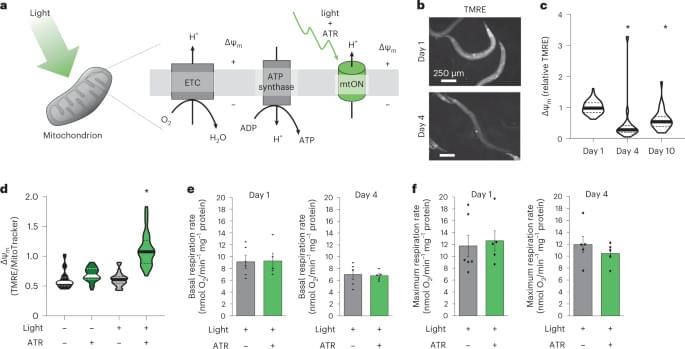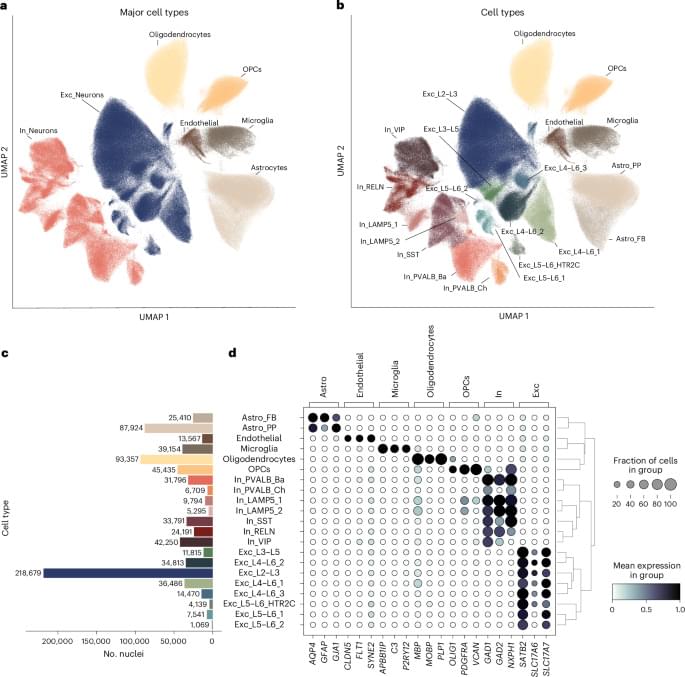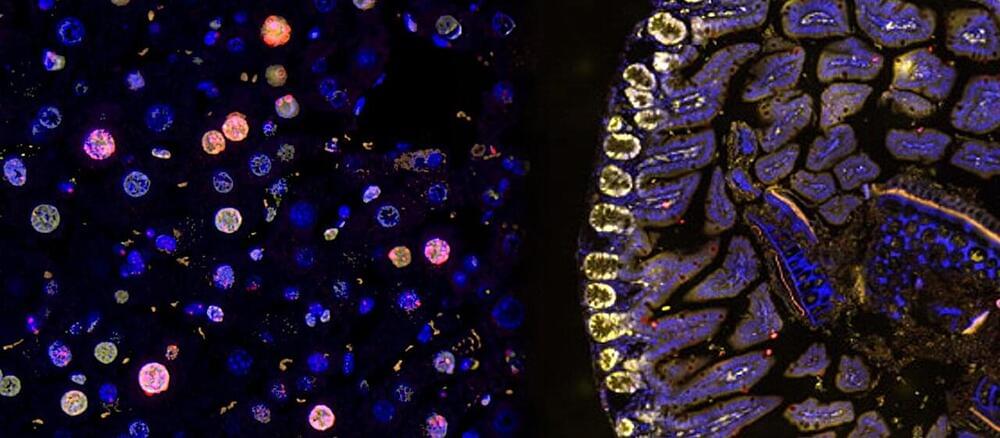In the present investigation, the SD rats were separated into two groups old control group and the treatment group (n = 8). The treatment group received four injections of E5 every alternate day for 8 days, and eight injections every alternate day for 16 days. Body weight, grip strength, cytokines, and biochemical markers were measured for more than 400 days of the study. Clinical observation, necropsy, and histology were performed. The E5 treatment exhibited great potential by showing significantly improved grip strength, remarkably decreased pro-inflammatory markers of chronic inflammation and oxidative stress, as well as biomarkers for vital organs (BUN, SGPT, SGOT, and triglycerides), and increased anti-oxidant levels. Clinical examinations, necropsies, and histopathology revealed that the animals treated with the E5 had normal cellular structure and architecture. In conclusion, this unique ‘plasma-derived exosome’ treatment (E5) alone is adequate to improve the health-span and extend the lifespan of the old SD rats significantly.







